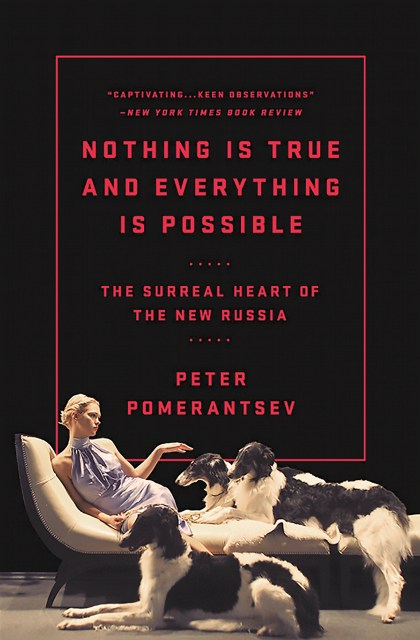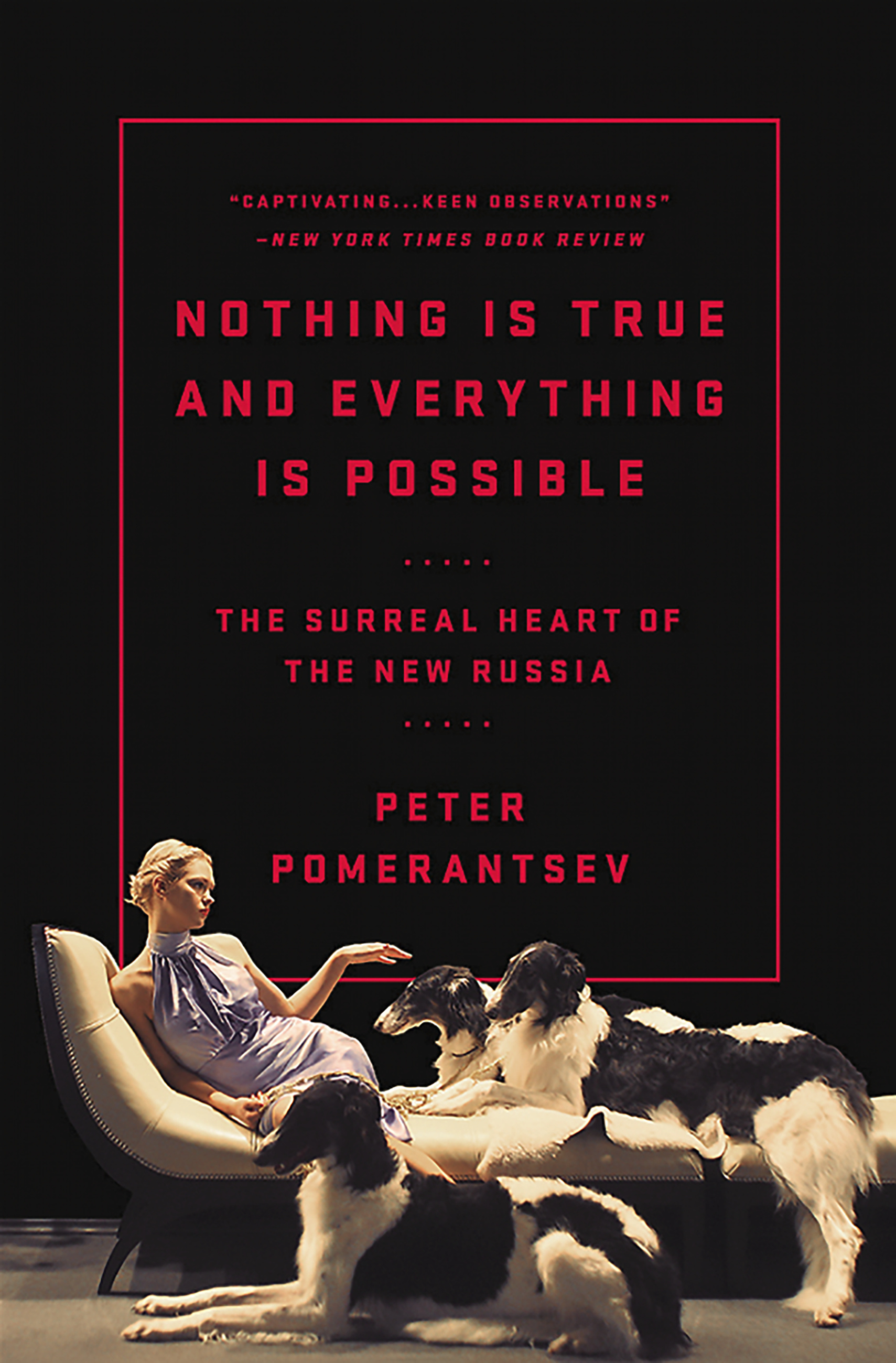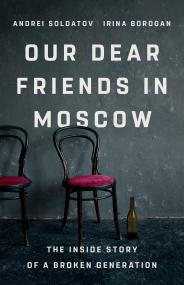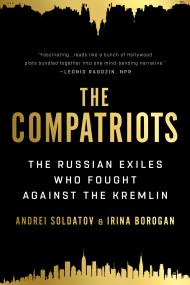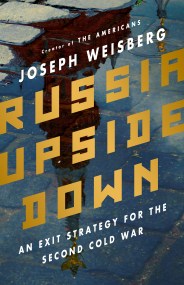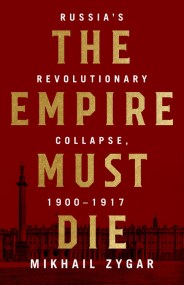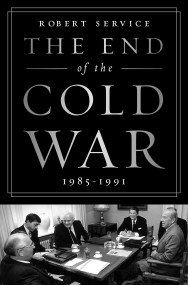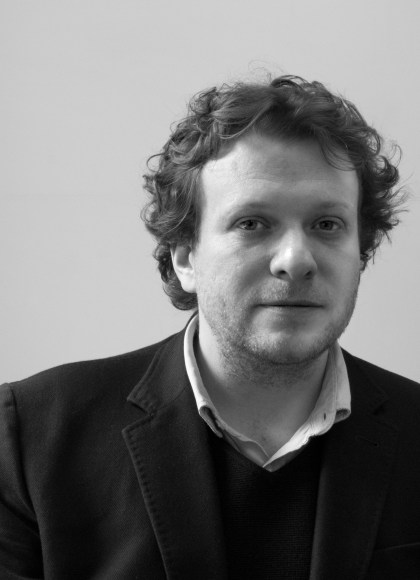By clicking “Accept,” you agree to the use of cookies and similar technologies on your device as set forth in our Cookie Policy and our Privacy Policy. Please note that certain cookies are essential for this website to function properly and do not require user consent to be deployed.
Nothing Is True and Everything Is Possible
The Surreal Heart of the New Russia
Contributors
Formats and Prices
- On Sale
- Nov 10, 2015
- Page Count
- 256 pages
- Publisher
- PublicAffairs
- ISBN-13
- 9781610396004
Price
$18.99Price
$24.99 CADFormat
Format:
- Trade Paperback $18.99 $24.99 CAD
- ebook $11.99 $15.99 CAD
- Audiobook Download (Unabridged) $24.99
- Trade Paperback (Revised) $18.99 $24.99 CAD
This item is a preorder. Your payment method will be charged immediately, and the product is expected to ship on or around November 10, 2015. This date is subject to change due to shipping delays beyond our control.
Buy from Other Retailers:
“A gripping and unsettling account.” —Washington Post
Professional killers with the souls of artists, would-be theater directors turned Kremlin puppet-masters, suicidal supermodels, Hell’s Angels who hallucinate themselves as holy warriors, and oligarch revolutionaries: welcome to the wild and bizarre heart of twenty-first-century Russia. It is a world erupting with new money and new power, changing so fast it breaks all sense of reality, home to a form of dictatorship-far subtler than twentieth-century strains-that is rapidly rising to challenge the West.
When British producer Peter Pomerantsev plunges into the booming Russian TV industry, he gains access to every nook and corrupt cranny of the country. He is brought to smoky rooms for meetings with propaganda gurus running the nerve-center of the Russian media machine, and visits Siberian mafia-towns and the salons of the international super-rich in London and the US. As the Putin regime becomes more aggressive, Pomerantsev finds himself drawn further into the system.
Dazzling yet piercingly insightful, Nothing Is True and Everything Is Possible is an unforgettable voyage into a country spinning from decadence into madness.
-
Shortlisted for the Guardian First Book Award
-
Longlisted for the Samuel Johnson Prize
-
“Captivating... keen observations.”New York Times Book Review
-
“Sparkling... provides great insight into the inner life of Russia’s glitterati.”Wall Street Journal
-
“This is a gripping and unsettling account of life in grim post-Soviet Russia.”Washington Post
-
“A scintillating take on a twisted reality.”Prospect Magazine
-
“A patchwork tapestry that leaves you shaking your head in disbelief.”The Guardian
-
“It is hard to think of another work that better describes today’s Russia; Nothing Is True and Everything Is Possible may very well be the defining book about the Putin era. This might seem like excessive praise for a relatively short, non-academic memoir by a reality-TV producer now living in London, but it is justified by the author’s gimlet eye and reportorial skill.”Commentary Magazine
-
“Enthralling... His exquisite rendering of mind-control techniques is chilling.”Times Literary Supplement
-
“Brilliant collection of sketches... powerful, moving and sometimes hilarious.”Washington Times
-
“Hauntingly perceptive and beautifully written.”New Statesman (UK)
-
“A tale of descending into and eventually emerging from Moscow’s hallucinogenic reality.”Foreign Affairs
-
“A riveting, urgent book... Pomerantsev is one of the most perceptive, imaginative and entertaining commentators writing on Russia today and, much like the country itself, his first book is seductive and terrifying in equal measure.”The Times (UK)
-
“A brilliant, entertaining, and ultimately tragic book about not only Russia, but the West.”Tablet Magazine
-
“This is the strangest book of note I have ever read... a dark and grotesque comedy of manners... His reporter’s straightforward and unlimited curiosity, his willingness to plow and harrow the widest fields for facts, and his exacting descriptive details give him credibility. Plus, what he tells us is so incredible.”P. J. O’Rourke, World Affairs Magazine
-
“A riveting portrait of the new Russia with all its corruption, willful power and spasms of unforgettable, poetic glamor. I couldn't put it down.”Tina Brown
-
“Peter Pomeranzev, one of the most brilliant observers of Putin’s Russia, describes a country obsessed with illusion and glamor, but with a dangerous, amoral core beneath the surface. Nothing Is True and Everything Is Possible is an electrifying, terrifying book.”Anne Applebaum, author of Gulag and Iron Curtain, winner of the Pulitzer Prize for Nonfiction
-
“Everything you know about Russia is wrong, according to this eye-opening, mind-bending memoir of a TV producer caught between two cultures... The stylish rendering of the Russian culture, which both attracts and appalls the author, will keep the reader captivated.”Kirkus, Starred Review
-
“Sometimes horrifying but always compelling, this book exposes the bizarre reality hiding beneath the facade of a ‘youthful, bouncy, glossy country.’”Publishers Weekly
Newsletter Signup
By clicking ‘Sign Up,’ I acknowledge that I have read and agree to Hachette Book Group’s Privacy Policy and Terms of Use
